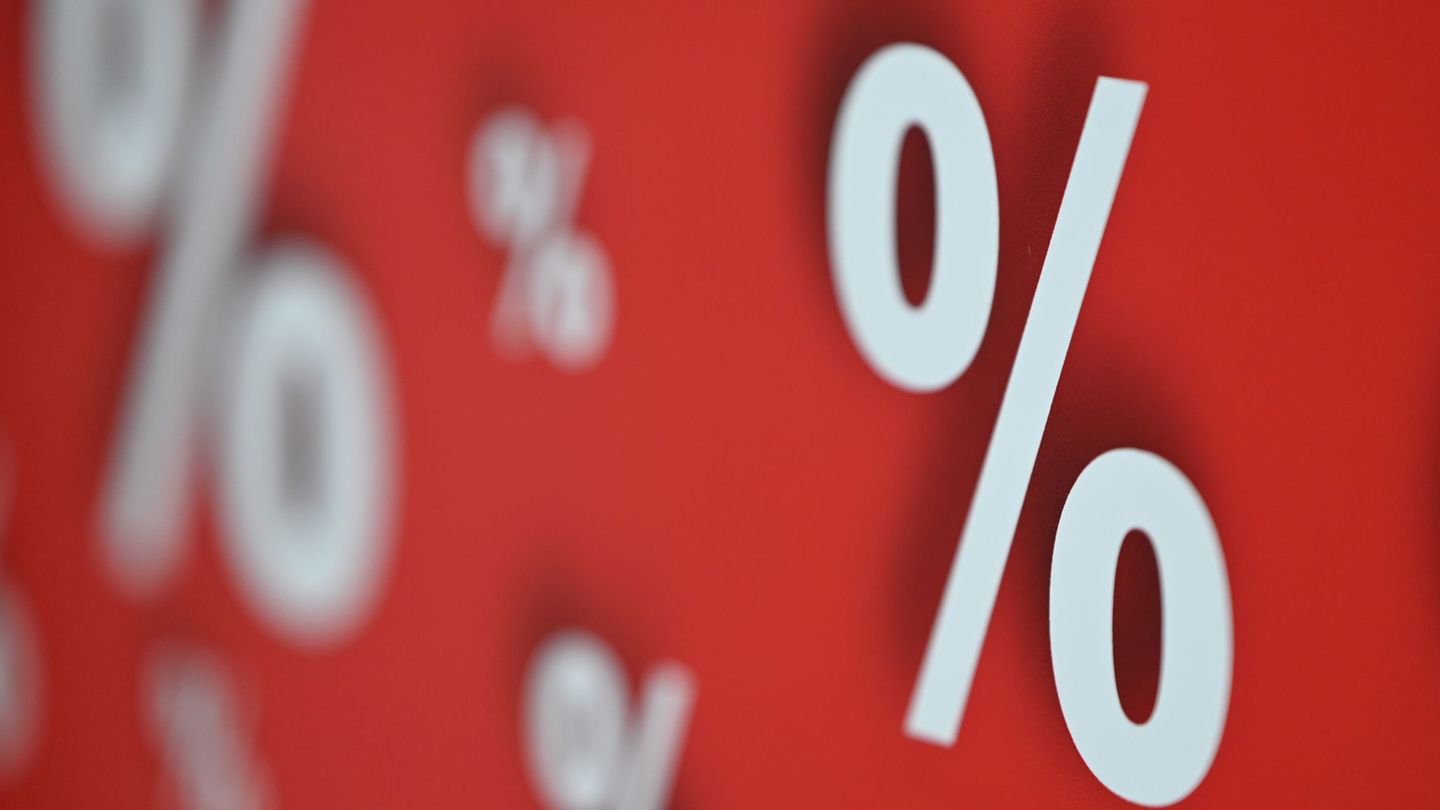(By Agustín Argento) “Los criminales”, the new film by Rodrigo Moreno who, after passing through Cannes last month, began his career as Argentina’s representative for the Oscars, arrives this Thursday in the country’s theaters with a story that the director himself presented as “a fable about freedom”, although it can also be seen as a statement of moral and aesthetic principles.
“The film talks about that same thing: about dependency, the yoke, work and oneself. I felt that to realize freedom I couldn’t stay in discourse and had to adopt the form, which is unexpected and free,” he said. Moreno in an interview with Télam, in which he acknowledged that the film’s debut in the United States, Europe and Asian markets “exceeded expectations.”
“We are getting used to leading the viewer towards something very predictable,” he added. “The series work with 15 narrative resources, no more. They are addictive, and it seems to me that in this moment of cinema crisis it is good to propose an alternative to that consumption and that It has to do with other experiences, that you can experience narration from a more playful place. I try to work in that sense as a narrator. And when I teach and help with scripts, I propose that risk. It’s good to take a little risk and give something that does not threaten boredom either, but in places with little traffic.
The film starring Esteban Bigliardi and Daniel Elías had its applauded world premiere in the Un Certain Regard section of the most recent edition of the prestigious Cannes Festival, last May, where it was purchased by Mubi, the platform receiving the production and that acquired its rights for several countries.
Then, he toured several of the most important festivals in the world, such as San Sebastián, Karlovy Vary, Toronto, New York and Busan, among several others.
20 days ago she confirmed her encouraging path when the Argentine Film Academy chose her as a representative for the 2024 Oscar Awards, breaking an unwritten tradition of always choosing the same film for both the Hollywood awards and the Goya awards in Spain (where it went sent “Puan”, by María Alché and Benjamín Naishtat).
“It is true that for an Argentine film, especially one of the characteristics of mine, which is not a tank like ‘Argentina, 1985’, without a great political theme or with Ricardo Darín as a figurehead, the journey is strange. But I think it has to do with what it generates, that it challenges from a very genuine and direct place. It is funny and has its police plot,” said the director of “El custodio.”
With the film “Barely a Criminal” (1949, by Hugo Fregonese) as inspiration, Moreno stages two bank employees who steal part of the treasury with the sole objective of guaranteeing their retirement. One of them has been plotting the robbery for years; The other finds the loot almost by surprise, but cannot say no. The instigator surrenders to the police and his accomplice must keep the money until the other is released.
Just as employees are tied to routine and tedium in Buenos Aires, it is in the mountains of Córdoba where they feel untethered and find a love that, in turn, unites them. It is the bucolic landscape of rivers and mountains where you can breathe that “freedom” that the director wants to portray, although the cement and city traffic work as if he were just another character in this impeccable film.
Télam: You use the city and the mountains as two more characters in the film.
Rodrigo Moreno: There was a question of considering a change of life. The character feels and explains it to his beloved. The weight implied by the work inserted in a bench in the Microcenter and the mass of cement is something that he wanted to tell in contrast to the idle saw. From the narrative there is that dichotomy, even in the division of the parts.
T: There is also a Buenos Aires that you decide to show in parts and not in its entirety. Because?
RM: I am very curious about the city and the changes it undergoes in its urban planning hurt me a lot, always horrible and against the grain of its history, and I wanted to take charge of what I like. I film the city that I like and I gave myself all the pleasures I wanted to give myself. I filmed subways, buses, streets… I entered the city with a lot of passion. I like to show the beauty of Buenos Aires. The city is embodied in a different way because we give ourselves that power, between the city and me.
T: You also play with timelessness. You don’t hide the subway of 2023, but the first cell phone appears two hours into the movie and contacts are by letter or landline telephone.
RM: There is a very specific intention on my part not to hide the present and at the same time propose a more cinematic, crazier and more continuous time, because I was interested in the film functioning as a fable. I had to separate it from that more direct realism that the present offers you. I also didn’t want to make a film that was a bubble. I filmed a lot in documentary style, I liked that meeting of reality with fable. I’m particularly interested.
As for the cell phone, it has to do with the fact that it is difficult for me to film things that I don’t like, it happens to me with the cell phone or the computer, certain models of cars, which I don’t like. I like old cars better, a Peugeot 405, than a current Chevrolet. I like filming a public telephone more than a guy talking on a cell phone or a decaying Constitution hotel than one with marble floors.
T: You also play a game of genres. For example, with the camera you highlight some shots and objects that in a thriller are going to explode and in your film become inconsequential. It’s almost like a joke on the genre.
RM: (Laughs) Yes, just like that, it was like that. There are many things that happen to me regarding the construction of the thriller. I always like to disarm him and disobey his rules. “The Custos” (2006) also had something of a political thriller and then moved towards something more particular. A mysterious world is a comedy disarmed of its rules. Here, it was a little like that. I use thrillers, but in a very strange way. It’s a UFO within what a bank robbery is and I like that bet. It is an invitation to the viewer towards the unknown. It is always taking detours and forks. The tension is maintained there. Especially with the boom in series.
Source: Ambito
I am an author and journalist who has worked in the entertainment industry for over a decade. I currently work as a news editor at a major news website, and my focus is on covering the latest trends in entertainment. I also write occasional pieces for other outlets, and have authored two books about the entertainment industry.




